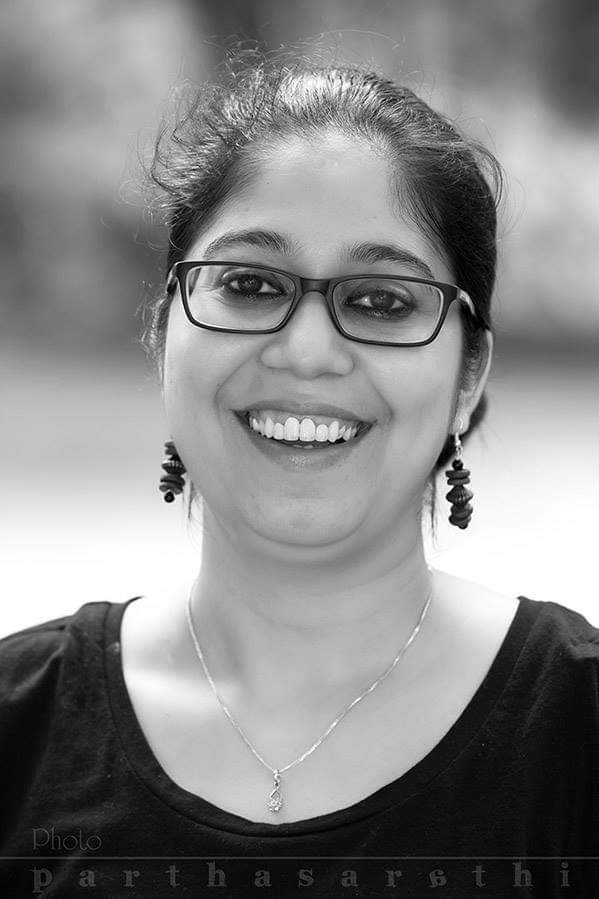Imagining a Better Future: Ambassador Serajul Islam’s Vision of Democracy in Bangladesh
“Ambassador Serajul Islam will be remembered as one of the sole voices to provide a voice to the voiceless populace during a crucial time of democracy.”
Dr. Anindita Ghoshal, Associate Professor of History at Diamond Harbour Women’s University
Territoriality and democracy are fundamental to nation-states. Yet, in the Global South, the nation-states are fiercely territorial, and their authority remains unchallenged. Bangladesh, a new nation-state that emerged on the map of South Asia in 1971, was the third country in a row after the 1947 division into two nation-states, India and Pakistan. Establishing a true democracy in Bangladesh has been challenging, complicated by issues inherited from colonial and post-colonial governance.
Amid this backdrop, situating Ambassador Serajul Islam (Shobuj) and defining his concept of democracy in Bangladesh is not an easy task. He chose to join the administrative service as a senior bureaucrat in a developing country, yet he decided to remain vocal about issues that emerged as obstacles to a specific type of democracy within the context of Bengali nationalism and Bangladeshi nationalism. Interestingly, his concept of democracy did not arise from a defined territorial framework of the country or from a curiosity about how to define a nation’s aspirations.
Ambassador Serajul Islam’s key aspiration was to understand issues related to the emergence of a new democratic and sovereign Bangladesh based on free and fair elections. When the professional journalists kept mum about criticising the government's foreign policy, he was vocal about creating a causal relationship between the absence of democracy and his stress on the points of autocracy. He defined the role of the global players, and he argued that these so-called global players started playing with the region named East Bengal/Pakistan, and later Bangladesh, right from 1971. And, the final fate of Bangladesh is to leave a mark as a newborn but strong nation state that went through many phases or layers within a bipolarised world system.
Ambassador Serajul Islam had a unique exposure to understanding the difference between the Global North and the Global South. Through serving the country in a global scenario, he acquired a rare vision of imagining Bangladesh's altered role with its neighbouring South Asian countries and its changing equation with the so-called first-world countries. It reflects on his multiple write-ups on the importance of the Northeastern part of India, diplomacy with China, Pakistan, Myanmar, and most importantly, control over land and sea. Bangladesh's negotiation on these issues reflects his emerging visionary leadership.
Two notable qualities were his neutrality when analyzing nations unfriendly to Bangladesh and his balanced perspective on bilateral or geopolitical issues. Therefore, it’s difficult to categorise or classify him as a political thinker, an administrator, an activist, or a journalistic self within a bureaucrat. He will be remembered as one of the sole voices to provide a voice to the voiceless populace during a crucial time of democracy.

